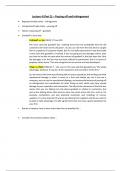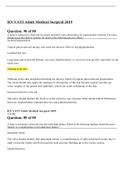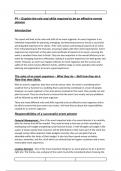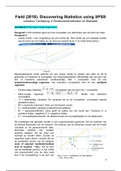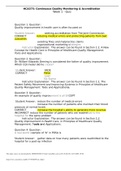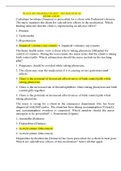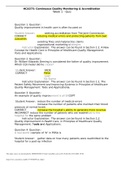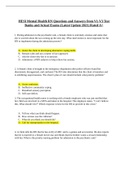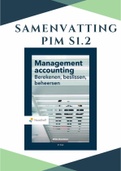Notas de lectura
Intellectual Property Law - Lecture 4 (Part 2) - Passing off and Infringement
- Grado
- Institución
- Book
Lecture notes for the Intellectual Property Law module linked to Intellectual Property Law Essentials. Author achieved a first-class grade for the module.
[Mostrar más]
